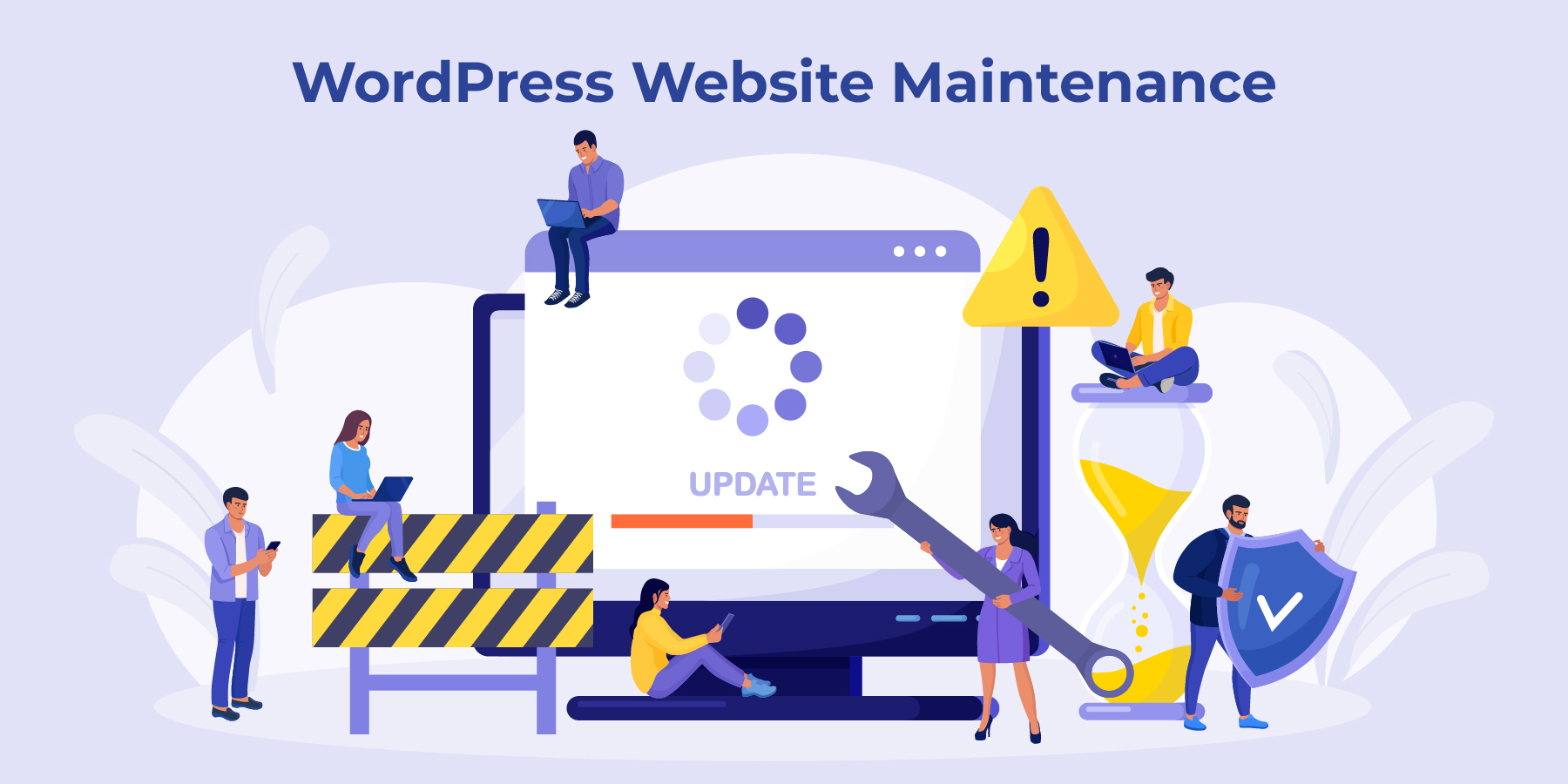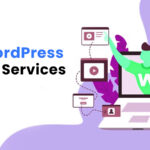Website Maintenance Cost: Finding the Perfect Balance for Your WordPress Site
In today’s digital age, having a website for your business is crucial to its success. However, creating a website is just the first step. To ensure that your website remains functional, secure, and up-to-date, regular WordPress maintenance service is essential.
But what about the cost? Finding the perfect balance between website maintenance and your business’s budget can be challenging. In this article, we will explore the factors that influence website maintenance costs and provide insights on how to strike the right balance for your business.
The Importance of Website Maintenance
Your WordPress website is the face of your business in the online world. It is often the first point of contact for potential customers and plays a significant role in shaping their perception of your brand. A well-maintained WordPress website enhances the user experience, boosts search engine rankings, and increases conversion rates. On the other hand, a neglected website can lead to security vulnerabilities, slow loading times, and a poor user experience, ultimately driving visitors away. Therefore, investing in WordPress maintenance is vital to ensuring the long-term success of your online presence.
Factors Affecting Website Maintenance Cost
1. Website Size and Complexity
The size and complexity of your website are the primary factors influencing maintenance costs. A simple, single-page website will require less maintenance than a large e-commerce platform with numerous product pages, complex functionalities, and integrations. The more extensive and complex your website is, the more time and effort it will take to maintain and update it regularly.
2. Content Management System (CMS)
The choice of CMS also plays a role in determining website maintenance costs. Popular CMS platforms offer various plugins, themes, and updates. However, the number of options and regular updates can make maintenance more time-consuming and complex. Custom-built websites may require specialized knowledge and expertise.
3. Website Hosting
Website hosting is another essential factor when evaluating website maintenance costs. Shared hosting, where multiple websites share server resources, is cost-effective but may lead to slower website performance and limited scalability. On the other hand, dedicated hosting or cloud-based solutions offer better performance and scalability but come at a higher cost. Depending on your business’s needs and budget, choose a hosting option that balances cost and performance.
4. Security Measures
In today’s digital landscape, website security is paramount. Regular security updates, vulnerability scans, malware detection, and backups are crucial to protecting your website and sensitive customer data. Implementing robust security measures not only ensures the safety of your website but also helps you avoid costly data breaches and reputational damage. However, advanced security measures often come with additional costs, so assessing the level of security required for your business and budgeting accordingly is essential.
5. Frequency of Updates and Maintenance
Websites are not static entities; they require regular updates and WordPress maintenance to stay relevant and functional. Content updates, plugin and theme updates, bug fixes, and performance optimizations are some of the routine tasks involved in website maintenance.
The frequency of these updates can vary depending on your website’s needs, industry standards, and best practices. It’s crucial to balance keeping your website up-to-date and not overburdening your maintenance budget.
Website Maintenance Strategies for Different Budgets
Now that we have explored the factors influencing website maintenance costs let’s discuss some strategies to find the perfect balance for your business, regardless of your budget constraints.
1. Do-It-Yourself (DIY) Maintenance
If you have a limited budget, a viable option is to perform basic website maintenance tasks yourself. Content updates, plugin installations, and minor bug fixes can often be handled without technical expertise. Content management systems like WordPress offer user-friendly interfaces that allow website owners to manage their sites efficiently. Be cautious and have a backup plan if something goes wrong.
2. Outsourcing Maintenance to Freelancers
If you lack the time or technical skills to maintain your website, outsourcing the tasks to freelancers can be cost-effective. Freelancers specializing in WordPress maintenance can provide expertise in specific areas, such as security updates, performance optimization, or content management. Platforms like Upwork and Freelancer.com offer a vast pool of freelancers with varying experience levels and competitive rates. However, ensuring that the freelancers you hire have a solid track record and positive reviews from previous clients is essential.
3. Hiring a Professional Web Agency
Hiring a professional web agency is the best option for businesses with more complex websites. Website development agencies like WPNinjas offer comprehensive WordPress maintenance services, including regular updates, security monitoring, backups, and technical WordPress support services with various WordPress maintenance plans to suit your budget.
They also have the expertise and resources to handle all aspects of website maintenance efficiently. While this option requires more budget, it provides peace of mind knowing that professionals are taking care of your WordPress maintenance, allowing you to focus on core business activities.
Conclusion
WordPress maintenance is a crucial aspect of running a successful online business. While it does come with a cost, finding the perfect balance between WordPress website maintenance and your business’s budget is achievable. By considering factors such as website size, CMS choice, hosting, security measures, and frequency of updates, you can develop a maintenance strategy that aligns with your business goals.
Whether you choose to handle maintenance tasks yourself, outsource them to freelancers, or hire a professional web agency like WPNinjas, investing in website maintenance will ensure the long-term success of your online presence.

David Bodiford
David Bodiford has been the Chief Strategy Officer at Vserve Ecommerce. Specializing in business development and strategic planning, David leads initiatives to expand Vserve Ecommerce's market reach, focusing mainly on the B2B sector. His expertise in digital marketing and strategic partnerships is integral to enhancing the agency's ecommerce solutions.



